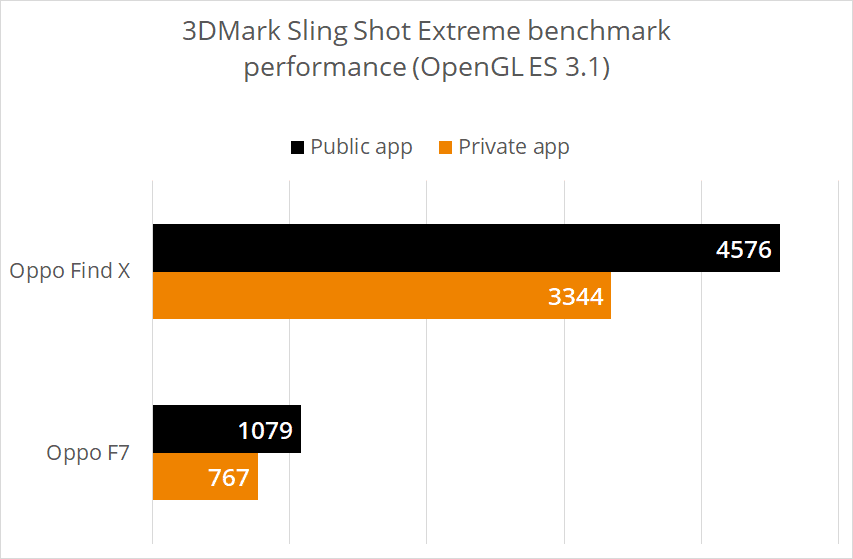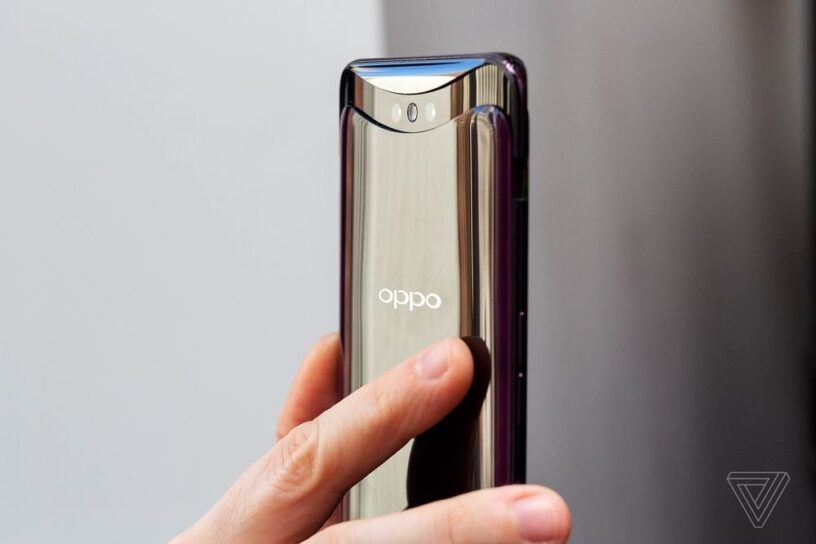After Huawei, OPPO has got itself into the list of manufactures tampering the benchmark results. No denying, synthetic benchmarks tests rarely prove how well the smartphone will perform in the real world situation, but with these hovering cases, makes it purely untrustworthy.
ALSO READ: What Is the NM Card Used In The Huawei Mate 20 Phones? Is It Replacing MicroSD? [Explained]
OPPO Caught Cheating
Not new, Huawei, Samsung, OnePlus, and others have implemented software tweaks that speed up their devices while benchmarks are being executed. According to UL Benchmark (the maker of 3DMark and other popular testing software), OPPO is in the list of tampering results.

The scores from the public 3DMark app were up to 41% higher than the scores from the private app, even though the tests were identical.
After Huawei caught cheating, Tech2 has run a private version of the 3DMark test and arose similar concern like Huawei on OPPO smartphones. In a blog post, UL Benchmarks said; “After Huawei was caught unfairly boosting benchmark scores last month, we were contacted by reviewers from Tech2 who had similar concerns about Oppo smartphones.”
ALSO READ: Huawei Caught Cheating In Benchmarks; A Well Explained Anecdote!
Later, UL Benchmarks later verified Tech2’s claim by running a private version of 3DMark on the Oppo Find X and Oppo F7. Even though the tests were identical, both phones scored worse on the private version, presumably since Oppo’s software didn’t recognize the package name of the private 3DMark application.

OPPO F7 Delisted From 3DMark
UL Benchmarks contacted OPPO, the company responded with, “When we detect that the user is running applications like games or 3D Benchmarks that require high performance, we allow the SoC to run at full speed for the smoothest experience.” UL doesn’t seem convinced with OPPO’s reply, the 3DMark marker has delisted the OPPO Find X and OPPO F7.
BONUS VIDEO
For the latest tech news, follow TechDipper on Twitter, Facebook, Google+, Instagram and subscribe to our YouTube channel.



